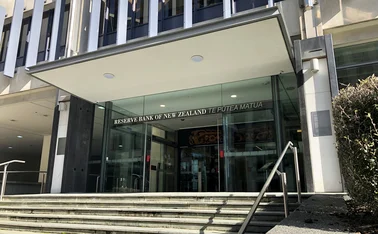
Basel Committee sketches regulatory action plan

The Basel Committee on Banking Supervision on Tuesday outlined the regulatory areas it will turn its focus to after Basel III, in a comprehensive report prepared for G20 central bank governors and finance ministers.
Ahead of the G20 governors' and finance ministers' meeting in Gyeongju, Korea, on Friday and Saturday, the Basel Committee set out eight areas for future work: a fundamental review of the trading book; ratings and securitisations; systemically-important banks; contingent capital
Only users who have a paid subscription or are part of a corporate subscription are able to print or copy content.
To access these options, along with all other subscription benefits, please contact info@centralbanking.com or view our subscription options here: www.centralbanking.com/subscriptions
You are currently unable to print this content. Please contact info@centralbanking.com to find out more.
You are currently unable to copy this content. Please contact info@centralbanking.com to find out more.
Copyright Infopro Digital Limited. All rights reserved.
As outlined in our terms and conditions, https://www.infopro-digital.com/terms-and-conditions/subscriptions/ (point 2.4), printing is limited to a single copy.
If you would like to purchase additional rights please email info@centralbanking.com
Copyright Infopro Digital Limited. All rights reserved.
You may share this content using our article tools. As outlined in our terms and conditions, https://www.infopro-digital.com/terms-and-conditions/subscriptions/ (clause 2.4), an Authorised User may only make one copy of the materials for their own personal use. You must also comply with the restrictions in clause 2.5.
If you would like to purchase additional rights please email info@centralbanking.com







